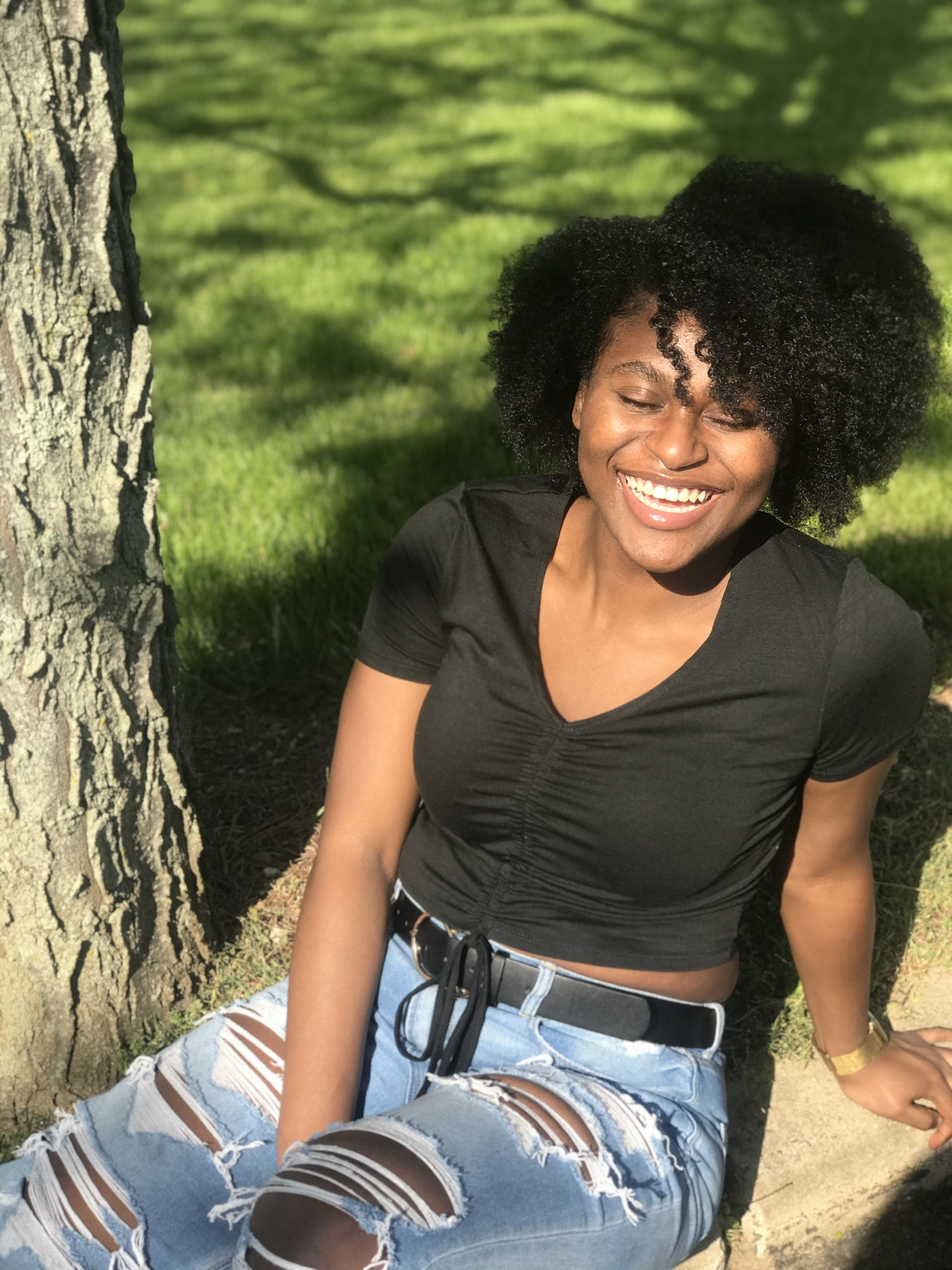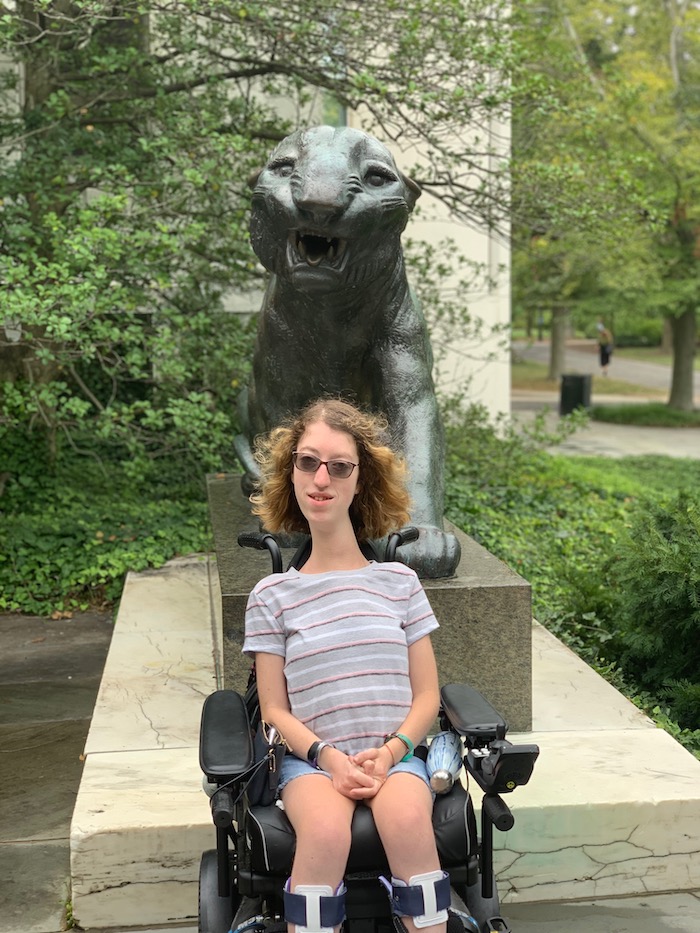I’ve written previously about my experience as a student with a disability at Princeton. While it has its challenges, overall I’ve felt very welcome on this campus. I’m happy to report back, almost two years later, about the ways in which Princeton has become more accessible throughout my time here. It’s taken a good amount of student advocacy to reach this point, but with every student that raises a concern or a hope for the future, the likelihood of positive change increases.
This past August, I became the first person in a wheelchair to enter Nassau Hall without assistance, as documented by The Daily Princetonian. A multi-year project to create a new entrance and install an elevator inside the historic center of campus administration was finally completed. It was incredible to see the inside of the building, including the Faculty Room, where the Board of Trustees meets, and the Memorial Room, which features the names of all alumni who died in every war dating all the way back to the Revolutionary War. Fun fact: Nassau Hall briefly served as the capital of the United States in 1783 when the Continental Congress met inside of it! I’m so glad that this important building is accessible at last, and it shows that Princeton is listening to students with access needs like myself.
I’m hopeful that the Nassau Hall renovation is only the start of changes to campus infrastructure. There are many groups on campus focused on improving access and inclusion. For example, I’m a member of the Disability Collective, a club for students with disabilities, it’s been incredible to bond with other students who have similar experiences in a world built for people without disabilities. I also co-chair the Disability Task Force within the Undergraduate Student Government. We’ve been working on several initiatives, such as adding more information about disability services into first-year orientation and collaborating with the eating clubs on accessibility training. In addition, I’m a student fellow for the AccessAbility Center, where I plan programs like an annual celebration of International Day of People with Disabilities and stress relief around midterms and finals with therapy dogs and massages. In my last year on campus, I plan on continuing all of these efforts to improve accessibility, so that the next generation of students with disabilities can feel even more included and supported.








